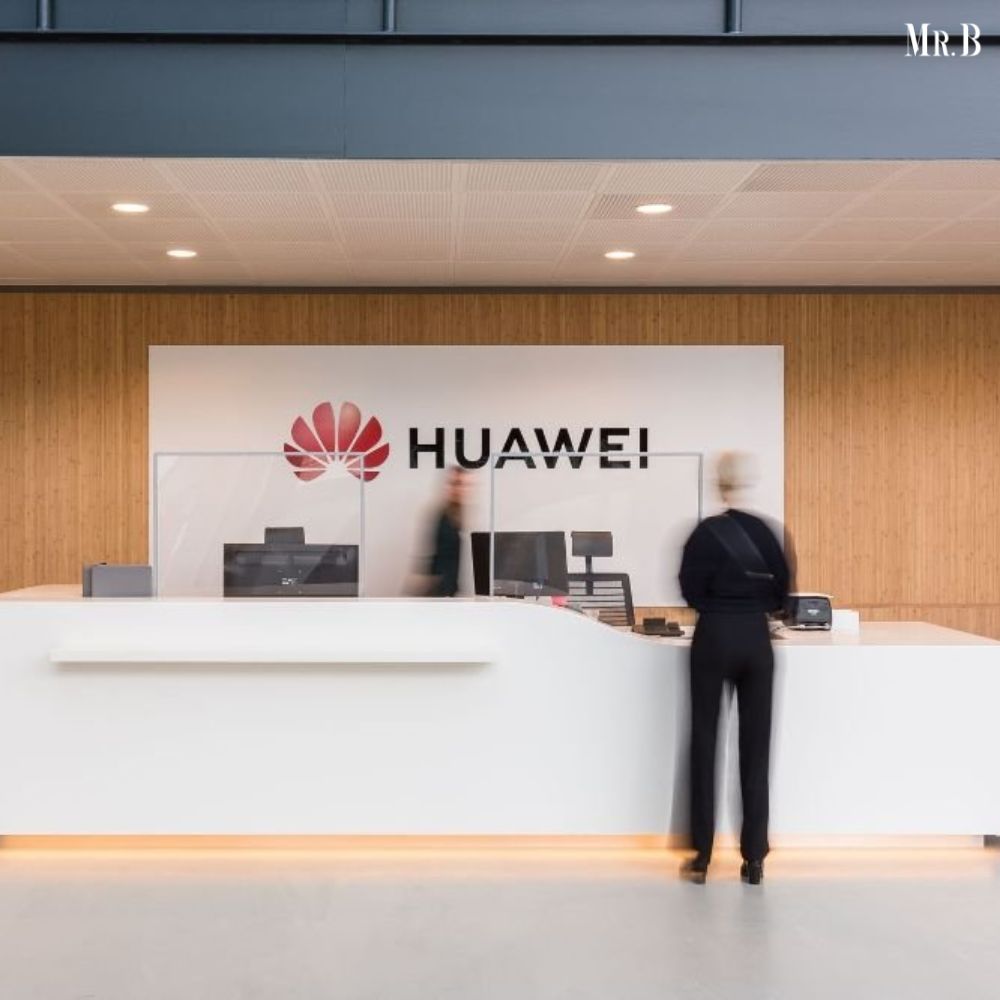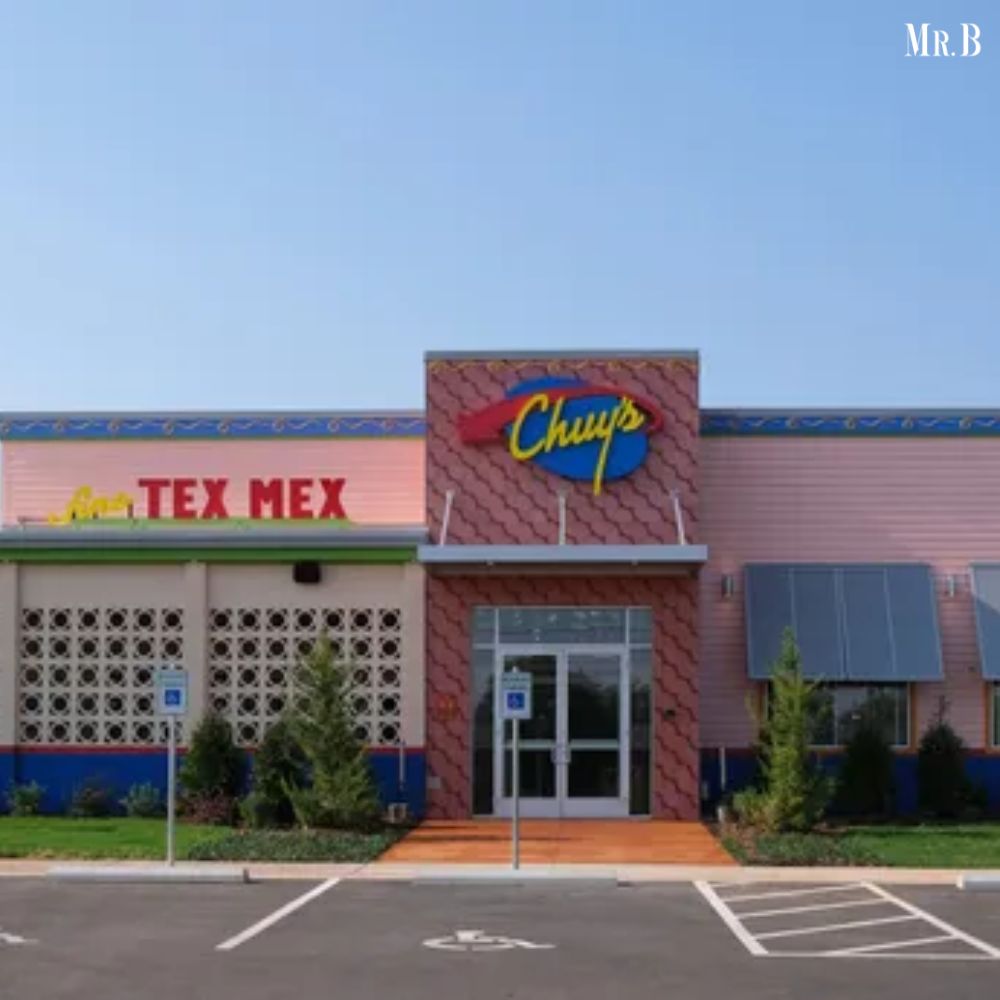Spenser Skates abandoned his “pretty good” startup and made $1.4 billion business.
- Category: News

Take, for instance, the story of Spenser Skates and Curtis Liu, both graduates of MIT and now renowned as the co-founders of Amplitude, a thriving analytics software company valued at $1.35 billion, serving over 2,300 corporate clients. A decade ago, their path was entirely different as they ventured into the realm of a voice recognition startup known as Sonalight.
Back in 2011, Sonalight was, in the words of Skates, Amplitude’s current CEO, “a version of [Apple’s] Siri before Siri even existed.” The dynamic duo managed to establish Sonalight, earning a coveted spot in Y Combinator’s startup accelerator program and even achieving 500,000 app downloads.
Then came a rather unexpected decision: they decided to shut it all down.
Internally, Spenser Skates and Liu observed that while users initially engaged with the app, they did not return for repeated interactions. As Skates explains, “Sonalight was a 95th percentile idea. Most ideas are terrible. It was pretty good, but it’s not the bestest best. And it was like, we should probably go for a 99th percentile idea and go find that.”
Their journey took a new direction as they unearthed their analytics tools, which they had developed in-house to gain insights into user behavior. Spenser Skates recalls that they invested nearly half of their time in this endeavor, driven by the engineers’ curiosity to see if they could build it themselves.
However, at Y Combinator, their tools outperformed anything their peers were using, leading Skates and Liu to shift their focus towards Amplitude, starting in 2012 and officially launching the analytics platform in 2014, with the addition of another co-founder, Jeffrey Wang. By 2021, Amplitude had secured $336 million in investments, prompting Skates to take the company public.
In the following conversation, Spenser Skates discusses the inherent risks of letting go of Sonalight, the art of pursuing great ideas over merely good ones, and why software engineers may not always be the best candidates for founding startups.
Spenser Skates: Making the decision to part ways with Sonalight wasn’t as difficult as it might sound. We found ourselves pondering the question: How successful could Sonalight truly become?
We had this impressive, almost magical demo on the Y Combinator stage, where I put my phone in my pocket, spoke to it, and engaged in a back-and-forth conversation. It garnered significant press attention, secured a bit of seed investment, and accumulated around 500,000 downloads. So, at that point, it felt real. People were using it, and it was exciting.
However, after dedicating nearly a year to Sonalight, it started becoming clear to us that the technology wasn’t up to par in terms of delivering an exceptional user experience and enticing users to keep coming back. It didn’t offer the level of utility required to be genuinely sticky as a product.







